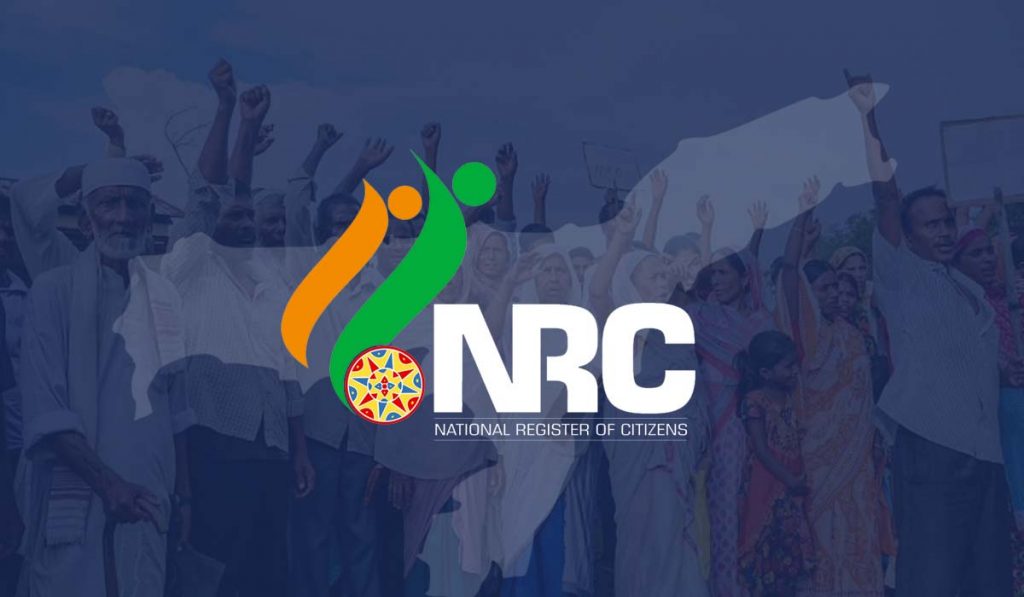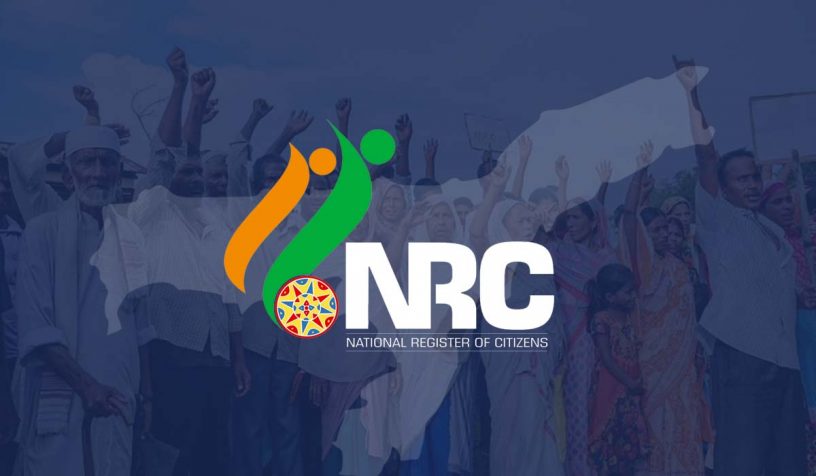
The researcher examines India’s controversial exercise of updating the National Register of Citizens in light of the rights guaranteed under Article 21 of the Constitution of India.
Author
Andrea Marilyn Pragashini Immanuel, Assistant Professor of Legal Practice, Jindal Global Law School, O.P. Jindal Global University, Sonipat, Haryana, India.
Summary
A person who has lost or who has been deprived of their nationality due to state action loses membership in the polity and is forced to live without human dignity. The right to nationality or the right to have rights obligates states to not render persons stateless and protects persons from a life without dignity.
On the other hand, ‘life’ under art 21 of the Constitution of India is understood as dignified life and has been interpreted by the Indian courts as the right to rights.
In this article, the researcher examines how ‘life’ or the right to rights under art 21 of the Indian Constitution should include the right to have rights or the international obligation on the state not to render persons stateless. The author applies these conclusions to examine India’s controversial exercise of updating the National Register of Citizens.
Published in: Statelessness & Citizenship Review: Citizenship and Statelessness in India Symposium
To read the full article, please click here.


